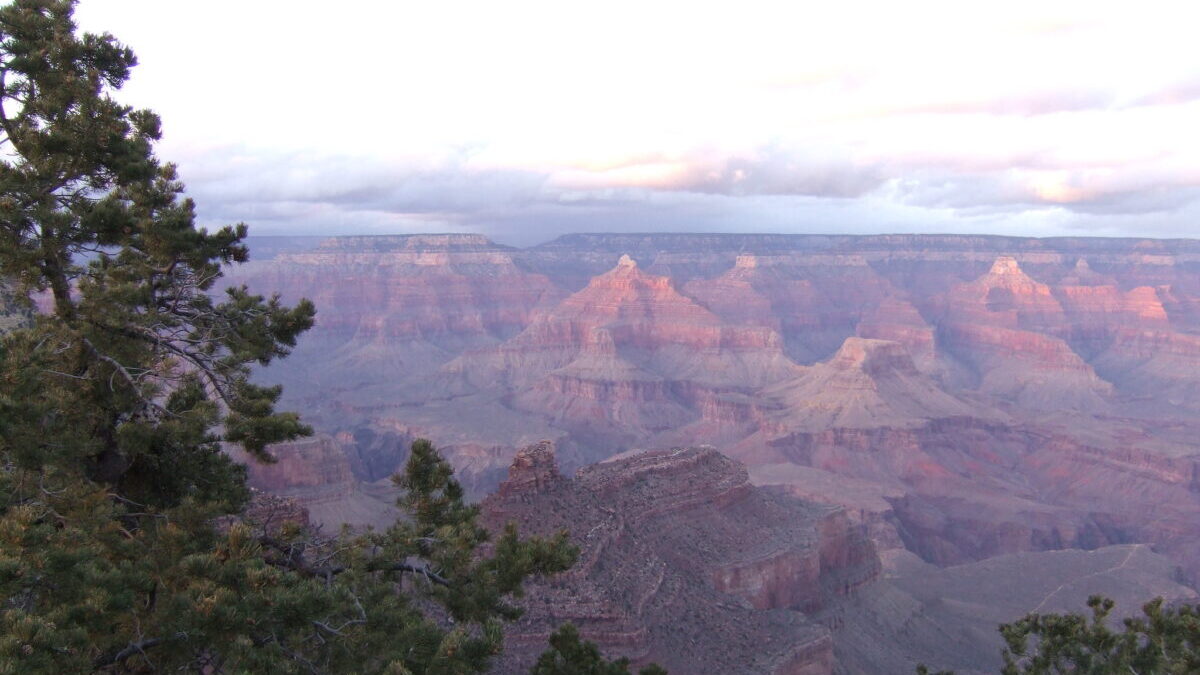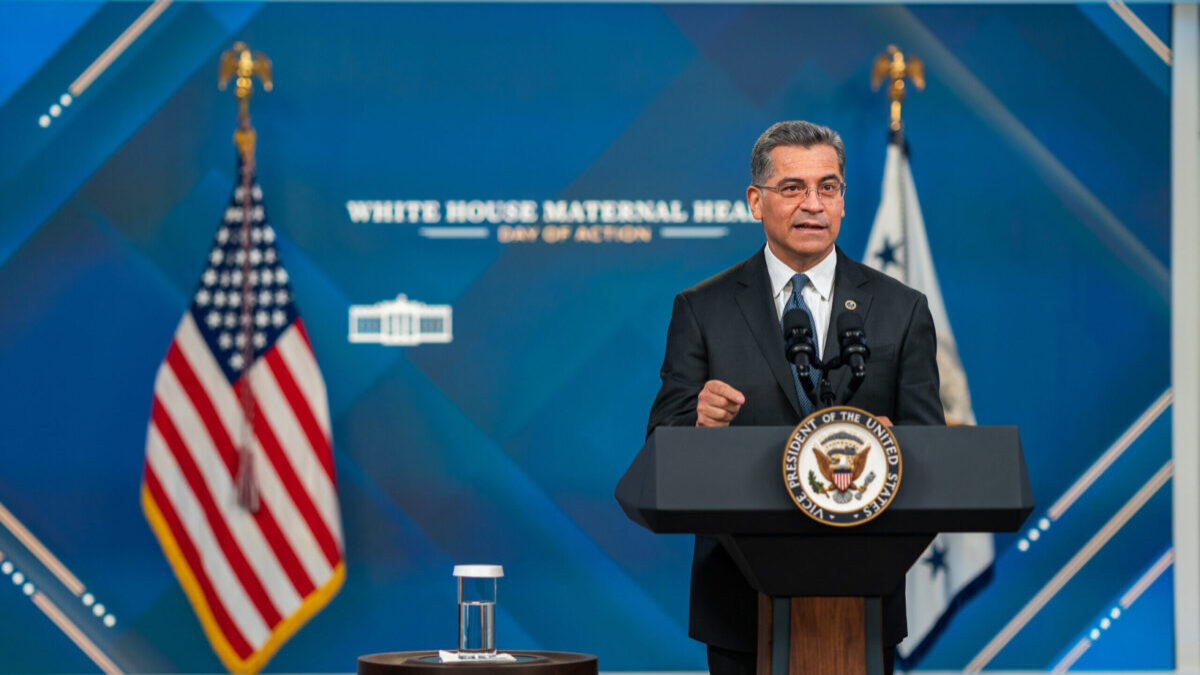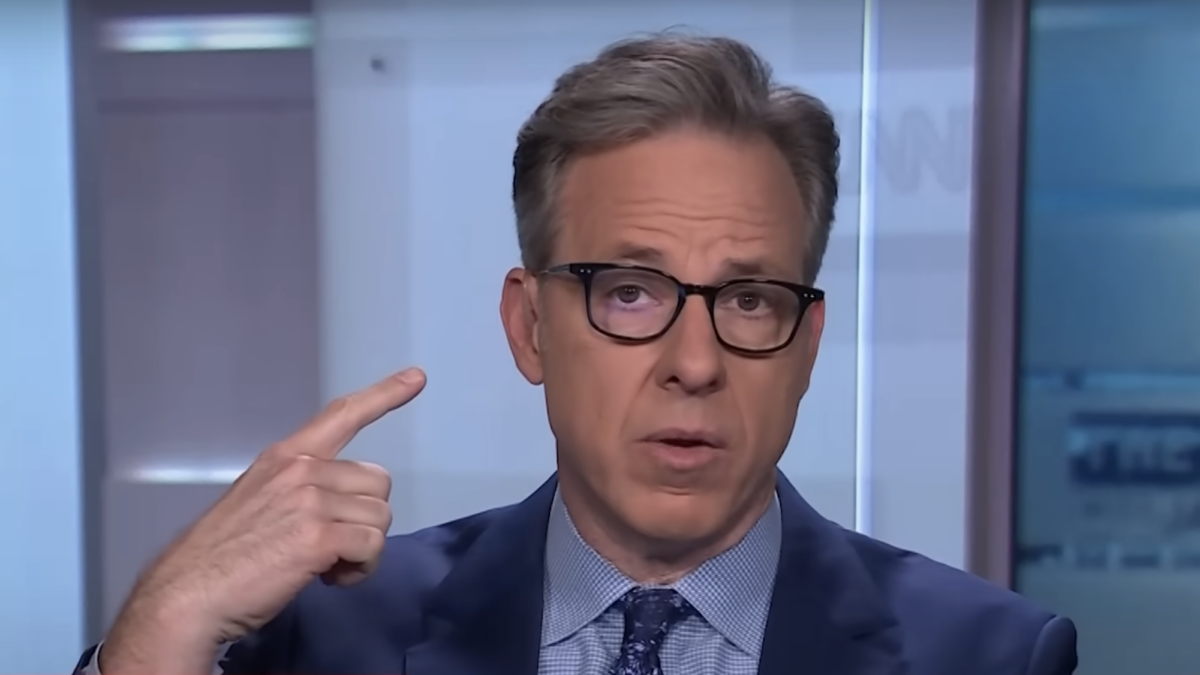
President Joe Biden visited Arizona Tuesday to designate a new national monument spanning about 1 million acres over the state’s northwest region.
The new monument, named Baaj Nwaavjo I’tah Kukveni – Ancestral Footprints of the Grand Canyon National Monument, will lock off an area larger than the state of Rhode Island surrounding Grand Canyon National Park from any potential for development. The national park itself is only 1.2 million acres.
“Preserving these lands is good not only for Arizona, but for the planet,” Biden said at the park on Tuesday, adding the Grand Canyon is “one of Earth’s nine wonders — wonders of the world.”
Except there are seven, and the Grand Canyon is not among them.
[READ: Here’s The Full List Of Every Lie Joe Biden Has Told As President: 242 And Counting]
With five new national monuments established during his presidency, Biden has made a habit of wielding the 1906 Antiquities Act to cut off federal lands from local use and development. In October 2021, President Biden also placed millions of acres under monument protection with the reinstatement of Obama-era boundaries at Utah’s Bears Ears National Monument and Grand Staircase-Escalante National Monument. Together, the two monuments protect more than 3 million acres, a region larger than neighboring Zion and Bryce Canyon national parks combined.
The Antiquities Act, however, was never intended to authorize the president to establish quasi-national parks without congressional approval. The first monument preserved under the law was Devil’s Tower in Wyoming at the direction of President Theodore Roosevelt, who ordered less than 1,200 acres under added layers of federal protection.
The law passed by Congress maintains three requirements violated by President Biden’s serial designation of millions of acres with monumental status. One, there must be an object to be protected, whether it’s geologic, historic, or prehistoric. Two, the monument itself must be on federal land. Three, the land to go under protection must be “the smallest area compatible with the proper care and management of the objects to be protected.” The one-million acres in northwest Arizona now under monument protection can hardly be considered the “smallest area compatible” with conserving delicate artifacts and relics.
Utah Republican Sen. Mike Lee pointed out on X, the website formerly known as Twitter, that Western states often bear the burden of Washington’s aggressive land grabs. More than 90 percent of federal land is west of the Mississippi River. Biden has declared his mission of locking off 30 percent of the nation’s land and waterways by 2030 a top priority for the administration.
Senator Lee called the president’s designation of the Baaj Nwaavjo I’tah Kukveni Grand Canyon as a national monument a “blatant misuse of the Antiquities Act.”
“Not only will the decision negatively impact our local grazers, miners, and other constituents whose livelihoods are deeply intertwined with this region,” Lee said, “but it will tie up one of our few domestic resources of uranium, a critical component in carbon-free nuclear energy production.”
The designation of the area as a national monument will thwart plans to mine uranium in the region. The Department of the Interior already implemented a 20-year moratorium on new mining claims in the area when Biden was vice president in 2012. The region’s new status will make the moratorium indefinite.
The elimination of domestic mining opportunities, specifically for uranium, risks long-term threats to economic stability and national security. According to the Energy Information Administration (EIA), nearly half of the nation’s uranium is sourced from either Russia or Kazakhstan, a close Russian ally.
Nearly 20 percent of the American power grid runs on nuclear energy. The EIA projects the share of electricity generated by nuclear power to remain constant through 2050.









